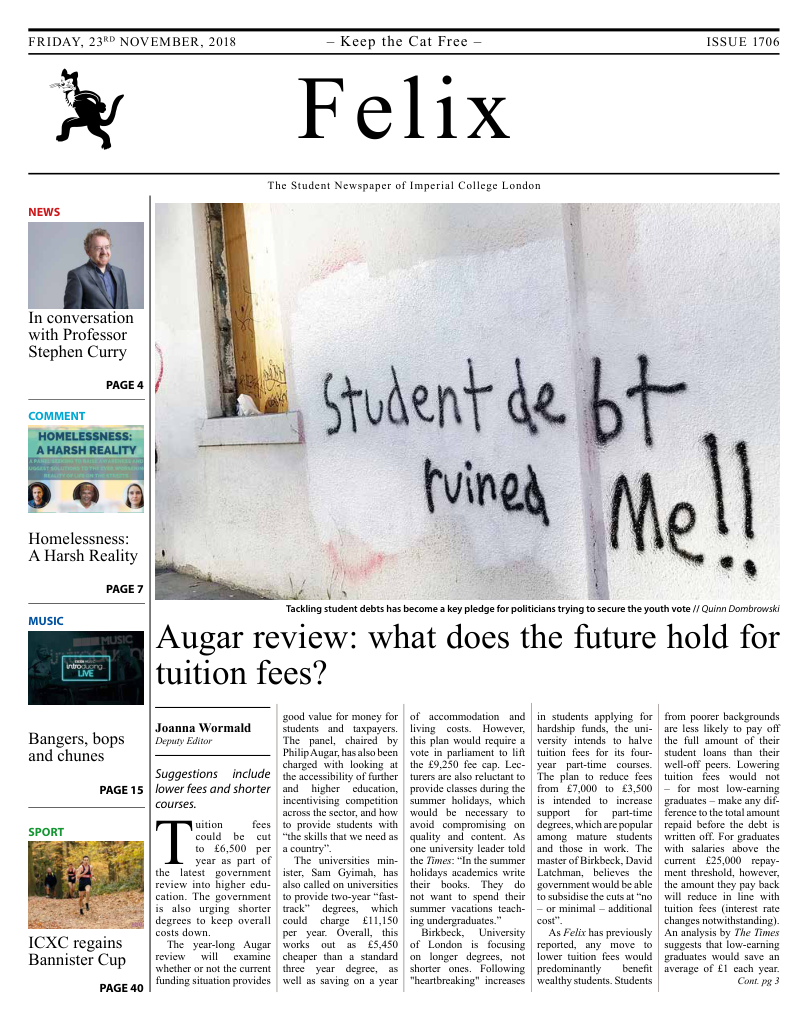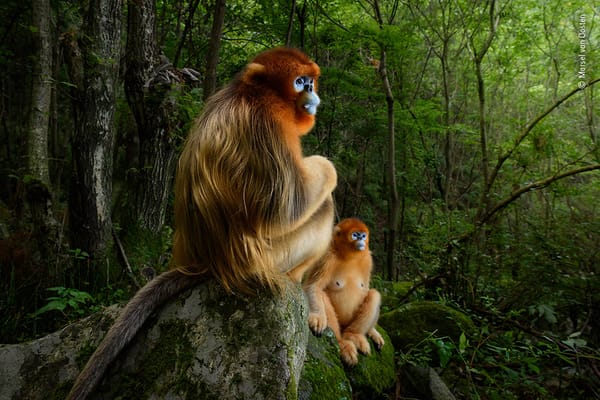Life in the Dark: a momentary escape from the hustle and bustle of London
An immersive experience that grabs your attention from the moment you enter to the moment you leave

Enter a subterranean pitch-black cave, or even the vast deep-sea of the ocean in this new Natural History Museum exhibition, which introduces us to the astonishing lives of the elusive animals that exist in these seemingly uninhabitable environments. Divided into three main parts entitled “Life at night”, “Life in caves”, and “Life in the deep”, we are met with countless nocturnal animals, cave-dwellers, and deep-sea creatures. Of the array of animals covered in the exhibition, ranging from small fuzzy aye-ayes to live Mexican blind cave fish, some seem almost alien. The fact that only 5% of the world’s seas have been encountered by humans makes us wonder what else could be lying below in the depths of the ocean – you’ll leave this exhibition believing anything is possible after seeing what already exists, such as the preserved black seadevil and dumbo octopus on display.
In classic Natural History Museum style, the exhibition is extremely family-friendly, and there is a clear emphasis on the interactive aspect, as we encounter soundscapes, scents, light installations, and free-to-touch furry taxidermy animals, making it compelling and accessible for children and adults alike. Somehow an ideal balance has been struck between visual stimulation and interactivity suitable for children, yet enough written information to allow adults to engage as well.
There’s a wonderful blend of modern interactive displays with some of the museum’s specimens from their plentiful collections. All your senses are engaged, and the dim, almost non-existent lighting heightens all your other senses and removes you from the bustling world outside of the exhibition. The first room hits you with a cacophony of night-time forest sounds, whilst the final room immerses you in a mesmerising simulation of a bioluminescent deep-sea environment, with hundreds of oscillating lights on the ceiling. And all that’s in between is equally as engaging. There’s a chance to see yourself through the eyes of a cave boa via an infrared live camera of the room, or smelling stations where various handheld devices emit odours for you to guess, including eucalyptus, lemon, mango, wood sap, as well as the less enticing guano (bat excrement) and worms.
Adults may find their ticket prices a little steep at £12.50, but with children 16 and under going in completely free, I’d say it’s a decent deal for a family. Concessions at £8.50 may also find the price on the expensive side, but if you fancy splurging a little and treating yourself, this is a great bet.
-4 stars








